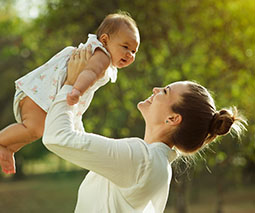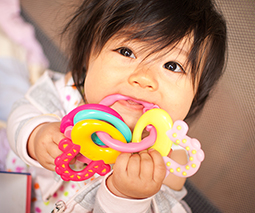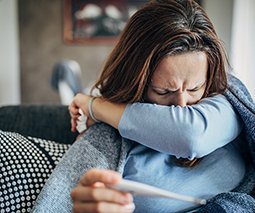Menstruation after birth – everything you need to know about what happens next
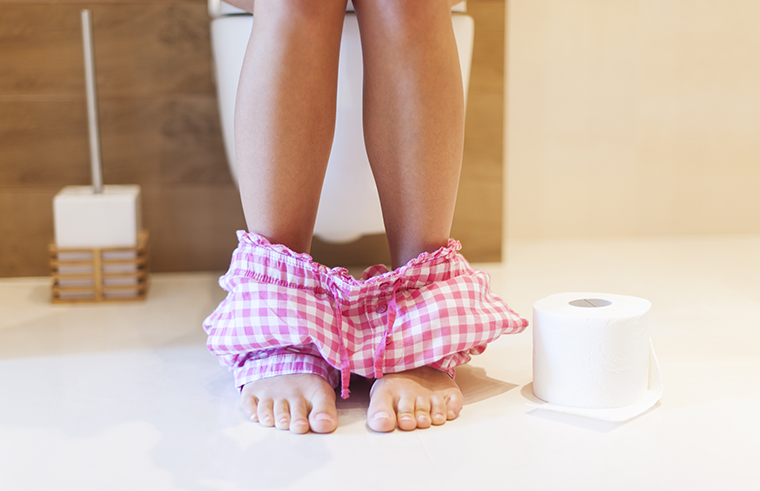
One big perk of pregnancy is not having to deal with having a period every month, and if you exclusively breastfeed once your baby arrives, you could enjoy another few months without Aunt Flo visiting. During pregnancy, your period stops because your fertilised egg embeds into the uterine lining, which remains behind to help make a home for your growing embryo. It won’t shed again until the pregnancy is over, when your normal period will eventually return.
But what does all this mean for you once you’ve given birth?
After birth bleeding
Bleeding after birth, also known as lochia, occurs whether you’ve had a vaginal or c-section birth. It is caused by the placenta coming away from the wall of your womb and consists of blood, tissue shed from the lining of your uterus and bacteria. It can feel like a very heavy period initially but should taper off after a week or so, and gradually become a light-coloured discharge, which could last last anywhere up to six weeks for some women.
Use sanitary pads and avoid tampons for the first six weeks as your healing body will be more prone to infection, and get as much rest as you can. If your lochia suddenly increases or you start passing very large blood clots, seek medical advice immediately.
Breastfeeding and your period
If you are breastfeeding on demand, you may find that your period doesn’t return for several months after birth. This is because prolactin, the hormone that causes you to produce milk, also stops you from ovulating and having your period. This can end up being a fairly reliable form of contraception, known as the Lactational Amenorrhea Method of birth control. If your period hasn’t returned, your baby is less than six months old, and you breastfeed on demand around the clock, this method can be up to 98 percent effective. But there are always exceptions, so it’s better to play it safe.
When to expect your period to return
If you’re breastfeeding around the clock, you can expect your period to stay away for around twenty weeks, but it’s not unusual for it to return sooner or stay away for longer. If you don’t breastfeed, your period could return within 10 weeks. If you’re breastfeeding and hoping to try for another baby during this time, you might find that ovulation returns once you’ve started feeding your baby solids. With many couples starting their families later in life, some women don’t want to wait for too much of a gap before trying for their next baby. Dropping a feed might help to increase your fertility while you’re still breastfeeding, but see your GP or Child and Family health nurse for advice around this.
Will my period be different?
When your period finally does return, you might find it’s heavier than usual, with some women reporting frequent tampon changes and even using tampons and pads at the same time to deal with heavy flow. You might also find your period is quite irregular for the first few months, which should settle back into a rhythm by 12-18 months.
Don’t have your period? You can still fall pregnant
The tricky thing with periods after pregnancy is that you don’t know when it will return and when your first ovulation will be. While exclusive breastfeeding can be used as contraception after birth, once you start dropping feeds or your baby starts sleeping through the night, this will decrease the reliability of this method, and because you ovulate about two weeks before your first period after birth, you really don’t know when you’re likely to fall pregnant. If you’re hoping for another baby, then this really isn’t an issue. On the other hand, if you’re not wanting the next pregnancy right away, see your GP about your birth control options so you can avoid any accidents.
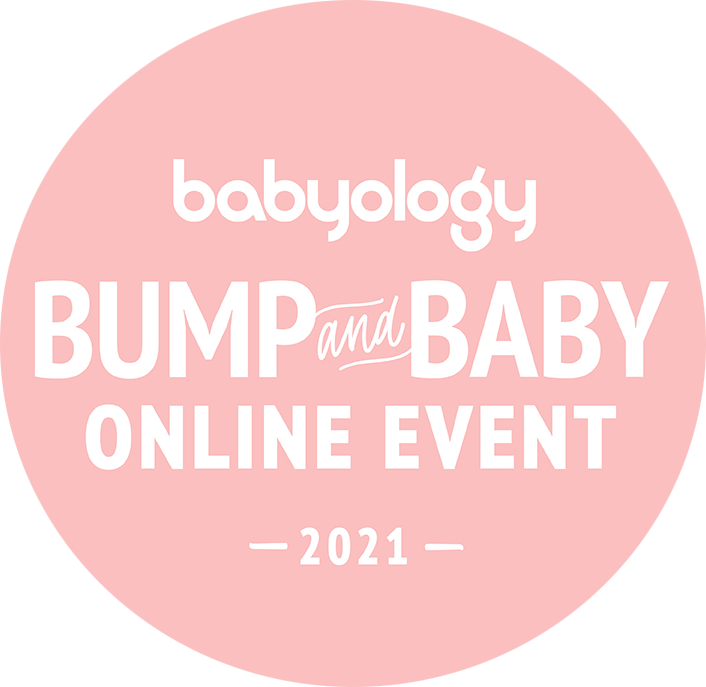 Join the Bump and Baby: The Fourth Trimester online event! With live expert sessions, FREE newborn routine guide & the chance to WIN a $500 Nursery gift voucher. Click here to find out more and make sure you don’t miss a thing!
Join the Bump and Baby: The Fourth Trimester online event! With live expert sessions, FREE newborn routine guide & the chance to WIN a $500 Nursery gift voucher. Click here to find out more and make sure you don’t miss a thing!
